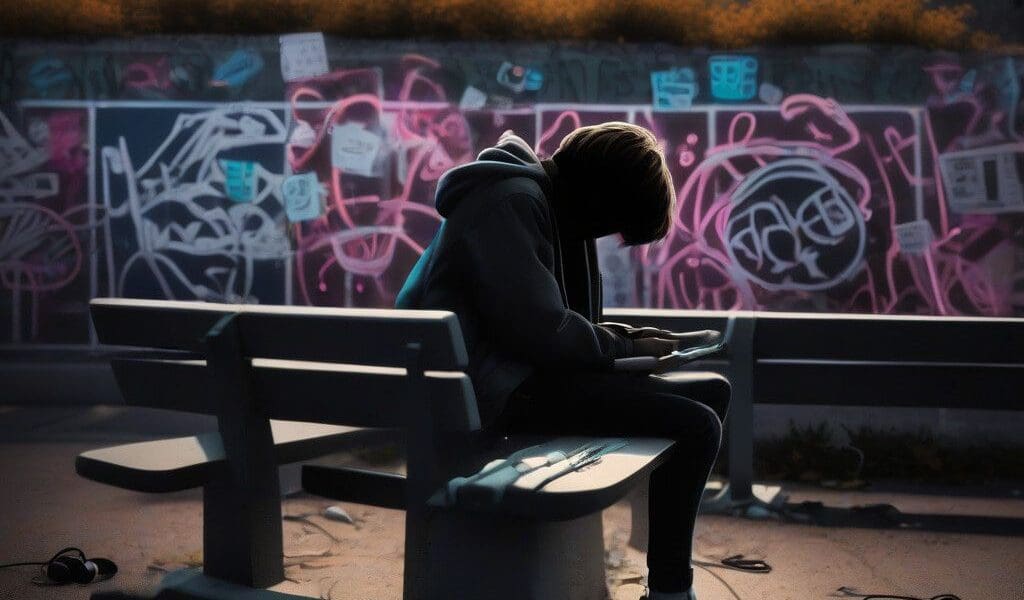TikTok Faces Lawsuit in France After Teen Suicides Linked to Platform
In a significant legal move, seven families in France are suing TikTok, alleging that the platform’s algorithm has exposed their teenage children to dangerous content. Tragically, this exposure is claimed to have contributed to the suicides of two 15-year-olds. Filed in the Créteil judicial court, this case highlights concerns over TikTok’s role in promoting content that could lead to severe mental health issues among its young user base.
The families argue that TikTok’s algorithm often leads users down harmful content pathways, including topics related to self-harm, eating disorders, and suicide. The case has drawn attention to the broader implications of social media on youth mental health and the responsibilities that come with operating platforms geared towards minors.
Lawyer Laure Boutron-Marmion, representing the families, has emphasized that TikTok must recognize its legal obligations in safeguarding vulnerable users. “TikTok, as an entity targeting minors, should be liable for the risks presented by its platform,” she stated. The families’ effort seeks not just accountability but also reforms to better protect youth from harmful content.
This lawsuit is part of a growing trend in which technology companies, notably TikTok and parent company ByteDance, face scrutiny over their content moderation practices. The concern is that algorithms, designed primarily to maximize user engagement and view time, can inadvertently facilitate the promotion of harmful materials. Similar accusations have been leveled against other platforms, including Meta’s Facebook and Instagram, regarding their impact on mental health and well-being.
In defense, TikTok has repeatedly asserted its commitment to user safety, particularly for young audiences. Shou Zi Chew, TikTok’s CEO, acknowledged the mental health concerns facing teenagers and outlined various safety measures that the company has introduced. These measures include enhanced content moderation tools and features designed to limit the exposure of younger users to potentially harmful content. However, critics argue that these efforts may not go far enough to mitigate the risks posed by the platform’s algorithm.
The case has reignited discussions on regulatory frameworks governing social media platforms, particularly those that appeal significantly to children and teenagers. Advocacy groups emphasize the need for stricter regulations that hold companies accountable for their algorithms and content curation processes. These discussions also extend to issues of consumer protection and the broader responsibilities tech companies take on in the digital age.
Historical evidence shows that increased screen time and exposure to certain types of content can exacerbate mental health issues among teens. A 2020 study from the American Psychological Association noted a sizable link between social media use and feelings of anxiety and depression in young adults. With the ongoing rise in youth mental health crises, families and advocacy groups are pressing for more robust protections and transparency from technology companies.
As this case unfolds, it is expected to set a precedent not only in France but potentially influence how lawmakers around the world approach the regulation of social media platforms. This movement is indicative of a broader demand for accountability within the tech industry, indicating that companies like TikTok cannot operate without considering the consequences their platforms may have on vulnerable populations.
The outcome of this lawsuit could have far-reaching implications for how social media platforms manage user safety and content delivery, particularly in relation to minors. As more families file similar lawsuits and demand change, the pressure on TikTok and other social media giants to protect their younger users intensifies.
In the end, this case may not only seek justice for the families involved but also a transformative change in the approach that platforms take towards content created for and consumed by minors, paving the way for a future where youth safety is prioritized.








